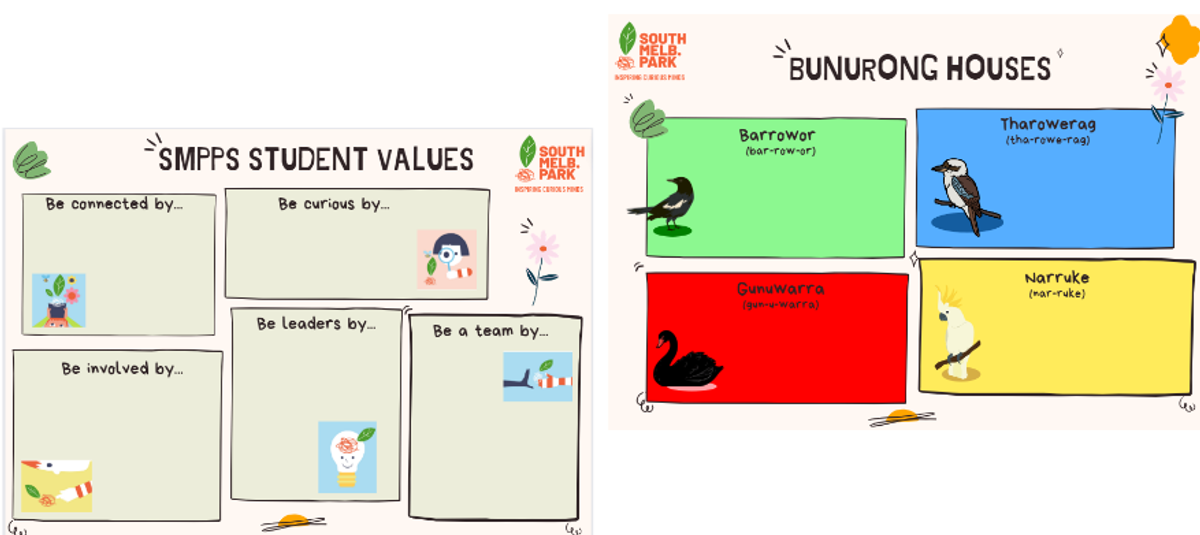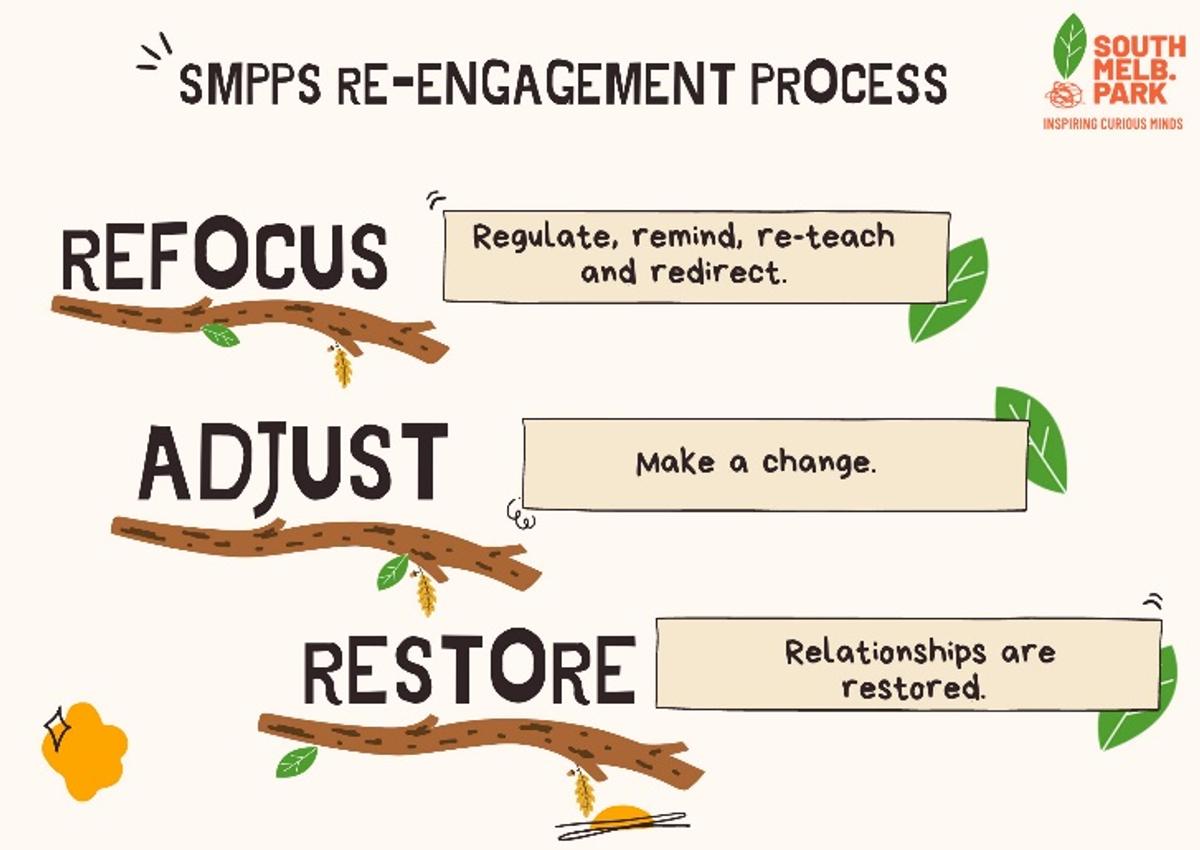From the Assistant Principal
BE INVOLVED, BE CONNECTED

From the Assistant Principal
BE INVOLVED, BE CONNECTED
Dear SMPPS families,
We are past the halfway mark already! With the AGP, excursion day and two public holidays, we really only have 8 weeks of learning this term and wow it is whizzing past. You will have seen my announcement regarding attendance, we had our census day this Thursday and only 4 unexplained absences and 17 explained absences so all in all, a total of about 5% of our population was away. What is fantastic, is that the majority of families are really using Compass to keep us updated – thank you! We will keep encouraging maximum school attendance as we are passionate about making every day count at SMPPS. Let’s aim for an even lower absence rate in the August census which will form the basis of the budgets for 2025!
AIP (ANNUAL IMPROVEMENT PLAN) WELLBEING FOCUS
As we continue to work on our first run on the Wellbeing goal ladder with establishing classroom non-negotiables, let’s focus on the importance of acknowledgement of positive behaviours. At SMPPS we base our house point system on the school values. Students unpack these at the beginning of the year to form Classroom Agreements and when they demonstrate these behaviours, they can early house points in increments of 5. Research has shown that there is an ideal ratio of acknowledgement of positive or desired behaviours to criticisms or negative acknowledgement of behaviours in order to motivate people to improve.


How this looks at school:
How this looks at home:
This can look pretty much the same at home, we don’t need to go over the top and praise every single blink however it is really nice to give feedback for those things we really value, or our children often struggle with. “I love how you helped your brother when he hurt himself, looking after each other is so important,” or “Thank you for wearing your helmet, even though it’s uncomfortable, keeping you safe is really important to me.” Praising effort over attainment is also incredibly important as you may remember from previous newsletter’s mention of Carol Dweck’s work on Growth Mindset.
How this looks in business: Harvard Business Review
SMPPS RE-ENGAGEMENT PROCESS FOCUS
Moving on to the “Adjust” response to behaviours or dysregulation – making a change at this stage usually involves a physical change to support regulation or de-escalation, it could mean physical moves from a situation, person, space or classroom such as to a sensory room, a classroom library, or a walk with a friend. This can be similar to what is sometimes called a ‘time-out’ in schools. It is not intended as a ‘punishment’, although it can be used in response to unsafe behaviours, however it is more directive support and opportunity to regulate and return to a ready-to-learn frame of mind. It shifts from verbal prompts to physical change.
Another situational adjustment can be a change of task demands to facilitate access to the learning – many classroom behaviours are related to boredom or anxiety when the work is too easy or difficult. We continually work to modify and differentiate learning tasks to provide low entry and high ceilings for student work.
Have a think about what this might look like at home? Hint hint, it might be good to think beyond, “go to your room!” 😊. It could be, “Your sister and you are starting to really irritate each other and argue too much for this game to still be fun. How about you pause the game, take some time out and spend some time apart. You can finish the game later when you’re both ready.” Identifying the signs of dysregulation and explicitly describing them to your child/ren can really support them to increase their awareness of their own needs and is an excellent strategy, for example, “I can see you getting fidgety and frowning, this usually means you’re starting to get annoyed, how about you run upstairs for a glass of water and back down again.”


UNIFORM FOCUS
Another gentle reminder for all jewellery or similar adornments (yes Swifties friendship bracelets, I’m talking to you) to remain at home apart from stud earrings. Thank you so much to the great reduction of these, which not only prevent injury, but reduce risk of valuable items going missing. Once again, please regularly check for lost property to claim items, and check and re-label faded labels.
Wishing you all a wonderful weekend ahead.


Trish Wan
Assistant Principal